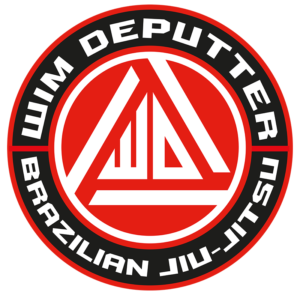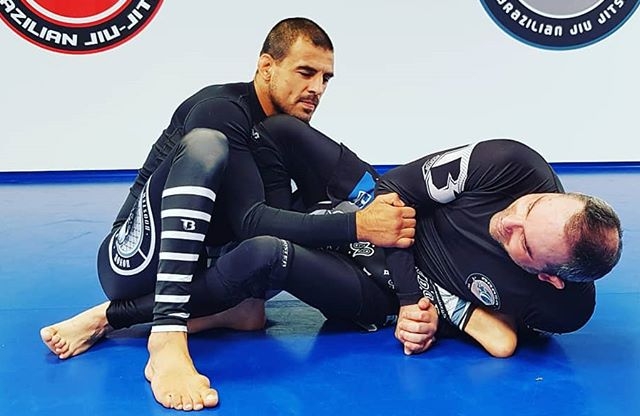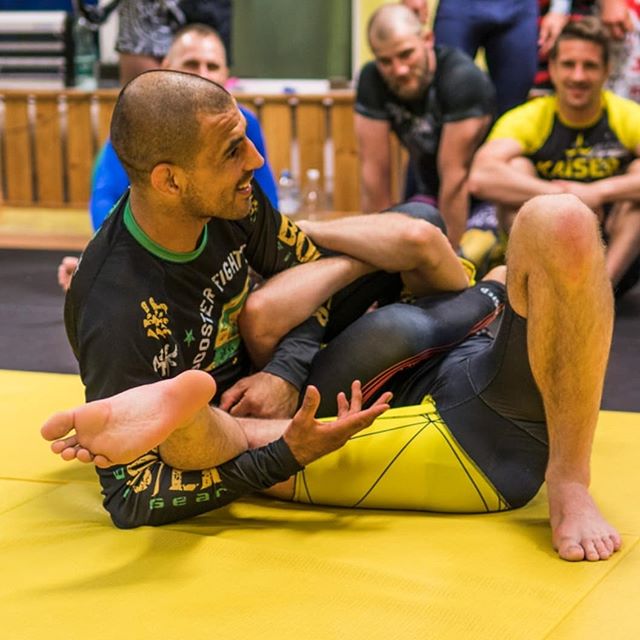“Have as much fun defending from ‘bad’ positions as you have attacking from ‘good’ positions. Panicking, spazzing and disconnecting are the opposite of what is jiu jitsu.
You are on this mat to learn jiu jitsu.
No matter if you are in a ‘good’ or ‘bad’ position, you can still be doing jiu jitsu.”
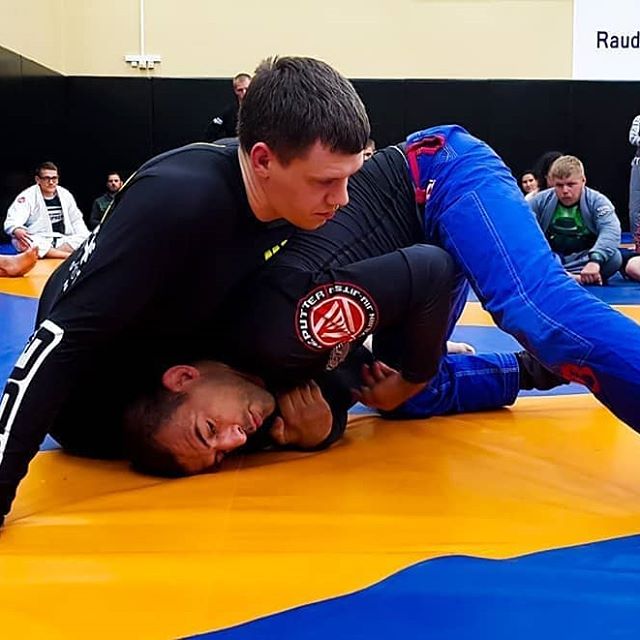
Who is “attacking” and who is “defending” in this photo? The ‘”fireman” position is one of the pillars in Wim Deputter’s “Mirroring Principle”
That is the first piece of advice I give beginners on my mat these days. And, if I could go back in time, it is the one piece of advice I would give to my white belt self.
Offensive Defense – Defensive Offense
There are no ‘good’ or ‘bad’ positions in jiu jitsu.
Only positions you know what to do or don’t know what to do.
In some positions you can be less mistakes away from tapping than your opponent.
But if you don’t make mistakes and do the right thing at the right time, you can make every position work.
By truly believing that, you are more inclined to look up “weird” or “losing” positions.
This gives you a better chance to fight from those weird positions than people who hold dogmatic believes.
The photo below was taken at a seminar I taught at Kaiser Sports in Olzstyn, Poland last year. Take a close look at the exact armbar position of Przemysław (partner on bottom).
It’s hard to believe, but from everything that I “discovered” so far the last few years, it’s actually harder to finish the submission here, than it is to escape (given no mistakes are made).
Often when people think about escaping, they think about disconnecting and getting away from the “dangerous” position.
By doing this, you will get at best a reset to a neutral position.
“Offensive defense” means staying connected. Don’t try to get away from, but instead, spend time in the “dangerous” positions.
Figure the positions out and try to solve them, not escape or break them. Make defense seamlessy transition into offense and bypass the neutral reset. Find the logic in every position.
The more disconnected two grapplers are, the more possibilities of movement there are, the more chaos.
Explosive and strong people hold a significant advantage over weaker people in most grappling related circumstances. The more disconnected a position is, the exponentially bigger that advantage is. The more connection, the least possibilities and chaos. More connection means more predictable. The more predictable the situation, the more the methodical technical grappler can shine.
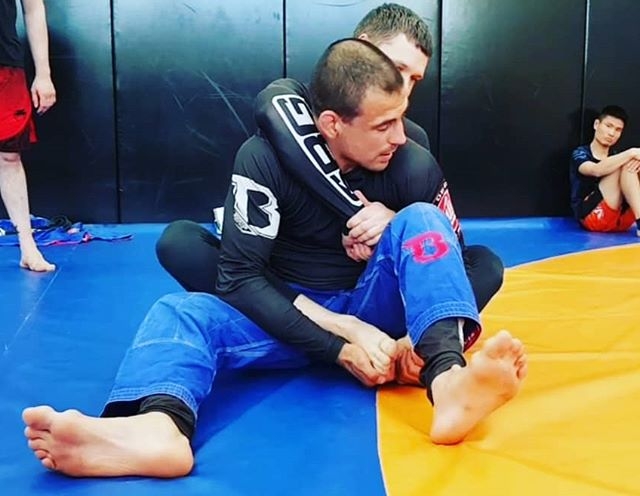
If you have a good understanding of back defense, playing “panda” is easier than it looks. Click the photo for The Mirroring Principle “Backdefense and being offensive with someone on your back”.
Offensive Defense
Offense is starting from a ‘good’ position and slowly working your way towards a ‘better’ position. Defense is starting from a ‘bad’ position and slowly working your way towards a ‘better’ position. Both offense and defense are a battle for improvement and they meet in the neutral point were neither holds an advantage.
From this perspective, there is no difference between offense and defense.
You can’t teach offense without being aware of the defense, you can’t teach defense without being aware of the offense. Stay connected and realize they are both one and the same.
